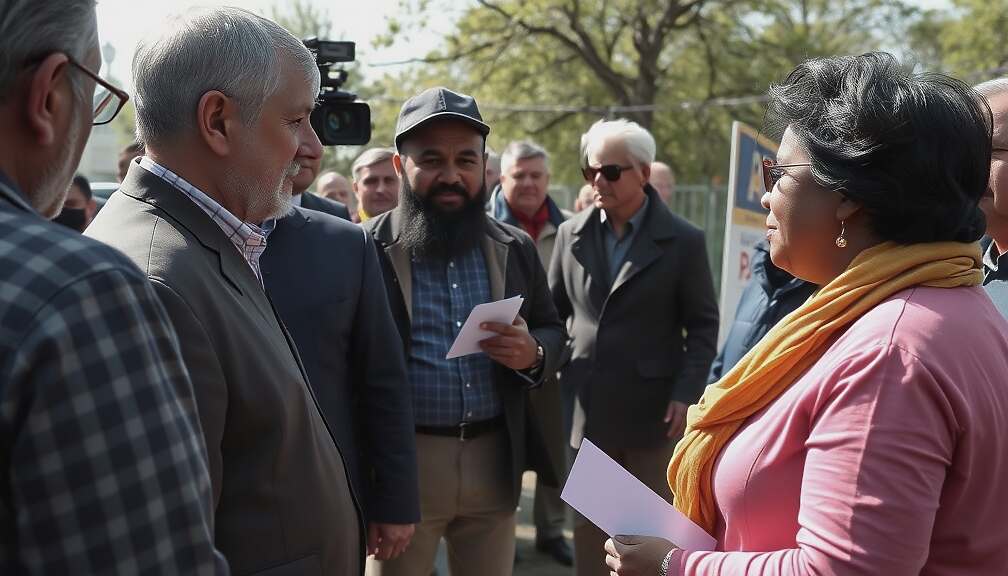Amidst mounting tensions within Germany’s fragile coalition government, Chancellor Friedrich Merz of the Christian Democratic Union (CDU) has signaled a confident, albeit carefully worded, commitment to resolving the contentious debate surrounding proposed pension reforms. Speaking from the G20 summit in Johannesburg, Merz addressed concerns that the government’s stability might hinge on the passage of the package, subtly hinting at potential concessions while maintaining a posture of optimism.
The upcoming vote on the pension reforms has become a flashpoint between the CDU/CSU and the Social Democratic Party (SPD), exposing deep ideological divides and raising questions about the long-term viability of the “black-red” coalition. The SPD, traditionally championing robust social safety nets, has voiced significant reservations regarding aspects of the proposed changes, leading to speculation of deadlock and potential government crisis.
While Merz’s declaration of eventual agreement offers a semblance of reassurance, his carefully chosen phrasing avoids a firm commitment to the original cabinet-approved legislation. The Chancellor’s acknowledgement that “further conversations” will occur before the parliamentary vote suggests a willingness to consider alterations, a departure from earlier insistence on upholding the initial draft. This flexibility, while potentially paving the way for a compromise, also risks alienating hardliners within his own party who view the reforms as vital to fiscal responsibility and economic competitiveness.
Political analysts suggest Merz’s strategy is a calculated maneuver designed to navigate the complex political landscape. By projecting confidence while leaving room for negotiation, he aims to appease both factions within the coalition and avoid a potentially destabilizing vote of no confidence. However, the inherent fragility of the situation remains palpable. Success hinges on Merz’s ability to broker a deal acceptable to both sides, a feat that requires considerable political skill and a willingness to navigate potentially damaging compromises. The coming days promise to be a critical test of the coalition’s endurance.












